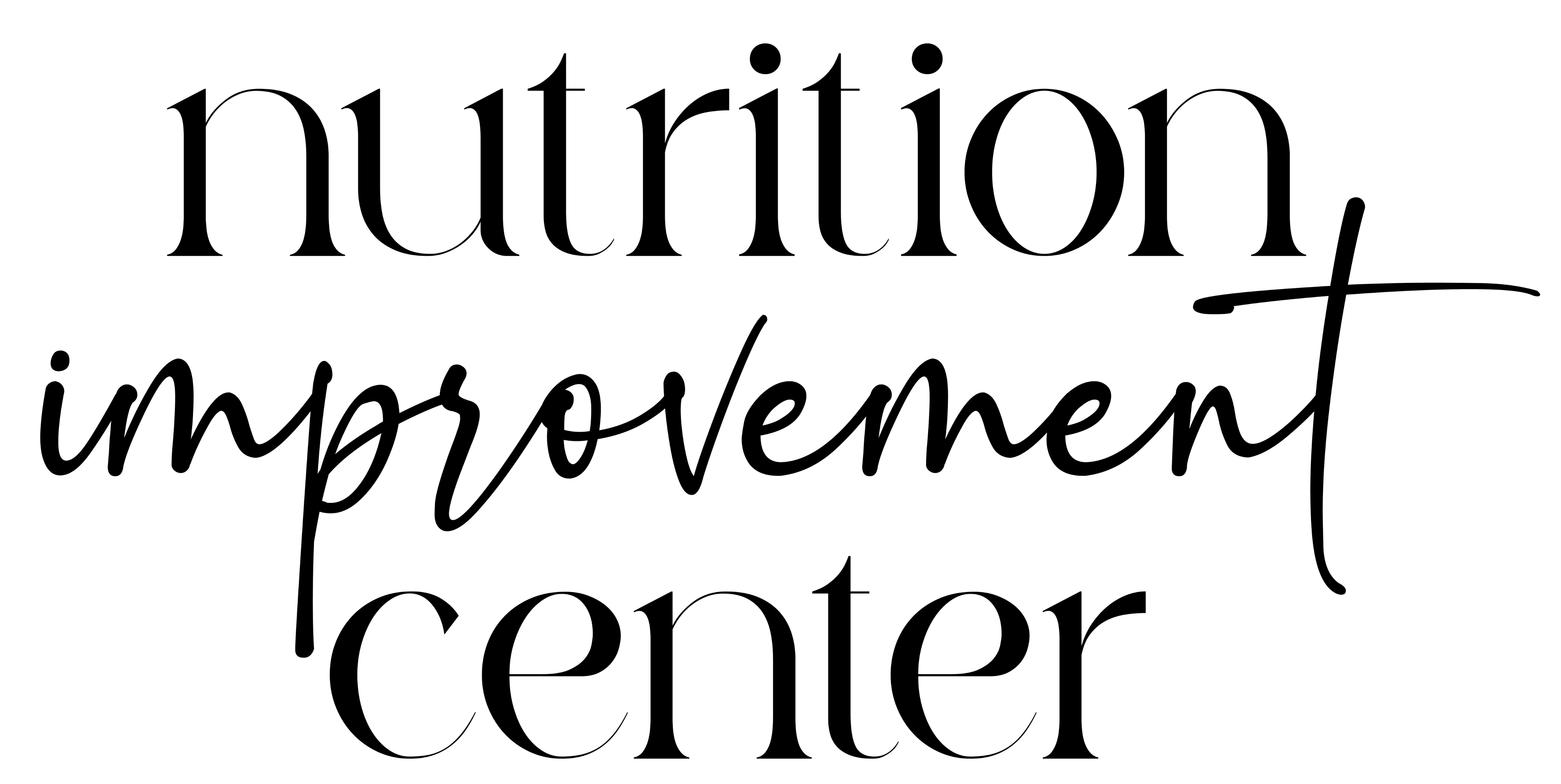Your Dietitian Plays A Vital Role In Recovery
May 18, 2020 – Sydney Levine
Nutrition Intervention: Why your dietitian plays a vital role in recovering from disordered eating
There is a misconception that teaching nutrition to those with disordered eating is less important than traditional mental health treatment. Often the disruptive eating habits are considered merely a symptom of the mental illness. However, knowing about nutrition can be extremely helpful and useful for clients. Dietitians help clients recognize their abnormal thoughts on diet and nutrition requirements and provide the necessary education for making corrections to daily eating habits.
Dietitians are vital in treatment settings for disordered eating because of their extended knowledge and skills about diet and nutrition. An active dietitian in the client’s treatment allows for the dietitian to share insights and ideas with the other members of the treatment team that otherwise might be neglected. Clients in a multi-disciplinary setting can benefit greatly from a dietitian’s continued insights throughout the treatment process. Your dietitian can be an open and empathetic resource for asking questions throughout treatment. Clients also can learn important facts related to the effects of dieting on metabolism, the biological need for fat, and the regulation of body weight through the guidance of a dietitian.
Dietitians can give clients personal plans for eating that restore their weight, their nutrition, and teach them how to return to “normal eating”. The focus of treatment is to establish balance in the client’s diet and to help clients learn appropriate self-monitoring practices in order to alter poor eating habits and remove triggers from their environments. Treatment and meal plans created by dietitians can also play an important role in the recovery process. Treating the effects of starvation, for example, is necessary in order to participate in meaningful psychotherapy.
The last step in recovering from disordered eating is the client’s restoration to a natural and intuitive style of eating. While disordered eating is rigid, regimented, and judgmental, intuitive eating allows for flexibility in portion size and food choice without guilt or shame. A dietitian can help clients learn the keys to intuitive eating practices. Intuitive eating involves the client recognizing internal and physical cues of hunger and satiety. With the guidance of a dietitian, clients will learn to trust in her body’s cues and eat in response to these cues in a natural and healthy manner. By making this important connection to the body, clients can be restored to healthy eating behaviors based on giving the body health, satisfaction, and proper nutrition.
Sydney Levine
References
- Denny, K. N., Loth, K., Eisenberg, M. E., & Neumark-Sztainer, D. . (2013). Intuitive eating in young adults. Who is doing it, and how is it related to disordered eating behaviors?Appetite, 60, 13-19. doi:10.1016/j.appet.2012.09.029
- Hart S., R. J., Abraham S. . (2011). Nutrition and dietetic practice in eating disorder management. Journal of Human Nutrition & Dietetics, 24(2), 144-153.
- Thomas, D. (2000). The dietitian’s role in the treatment of eating disorders. Nutrition Bulletin, 25(1), 55-60.
- Tylka, T. L., Calogero, R. M., & Daníelsdóttir, S. (2015). Is intuitive eating the same as flexible dietary control? Their links to each other and well-being could provide an answer. Appetite, 95, 166-175. doi:10.1016/j.appet.2015.07.004

